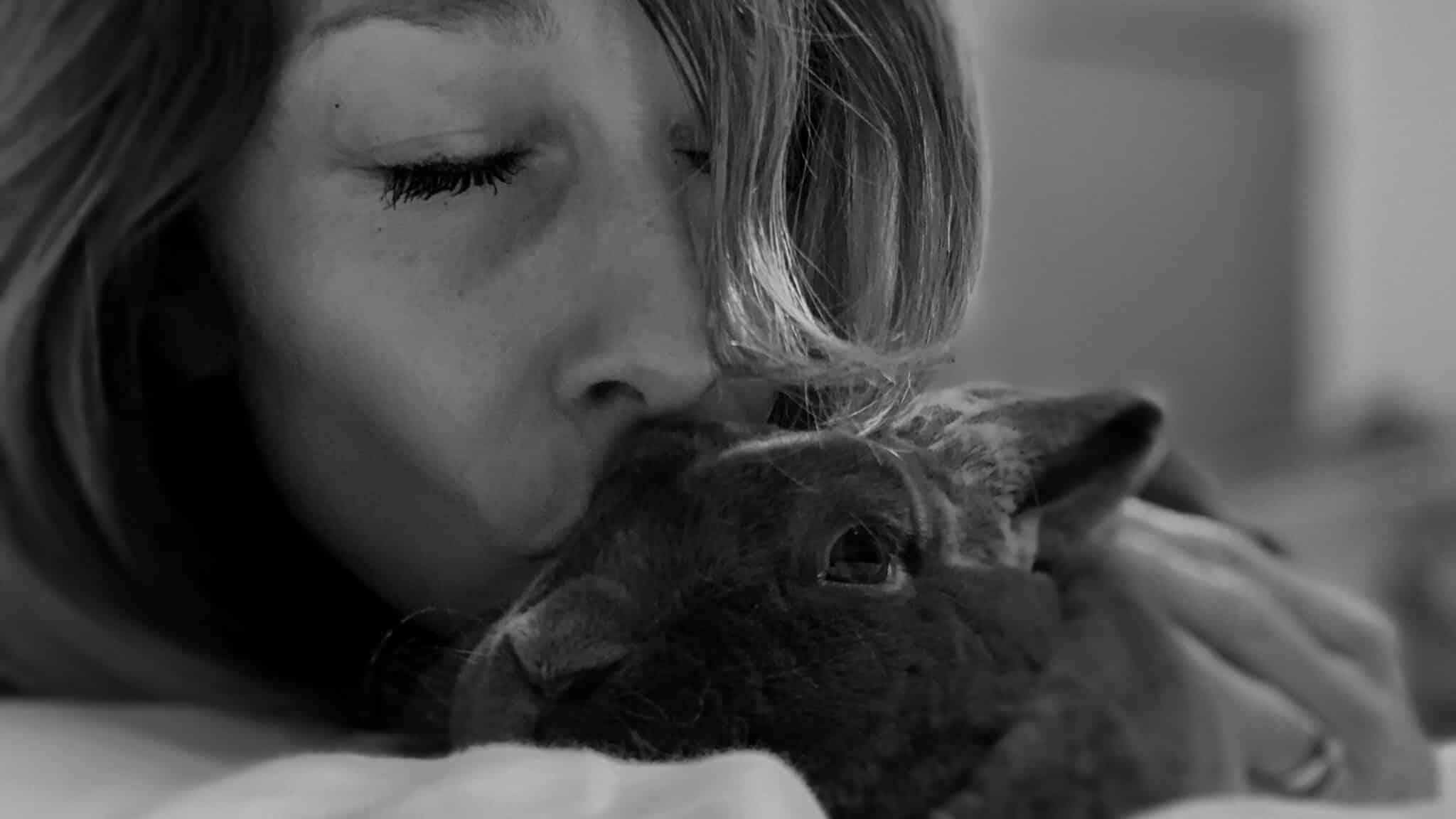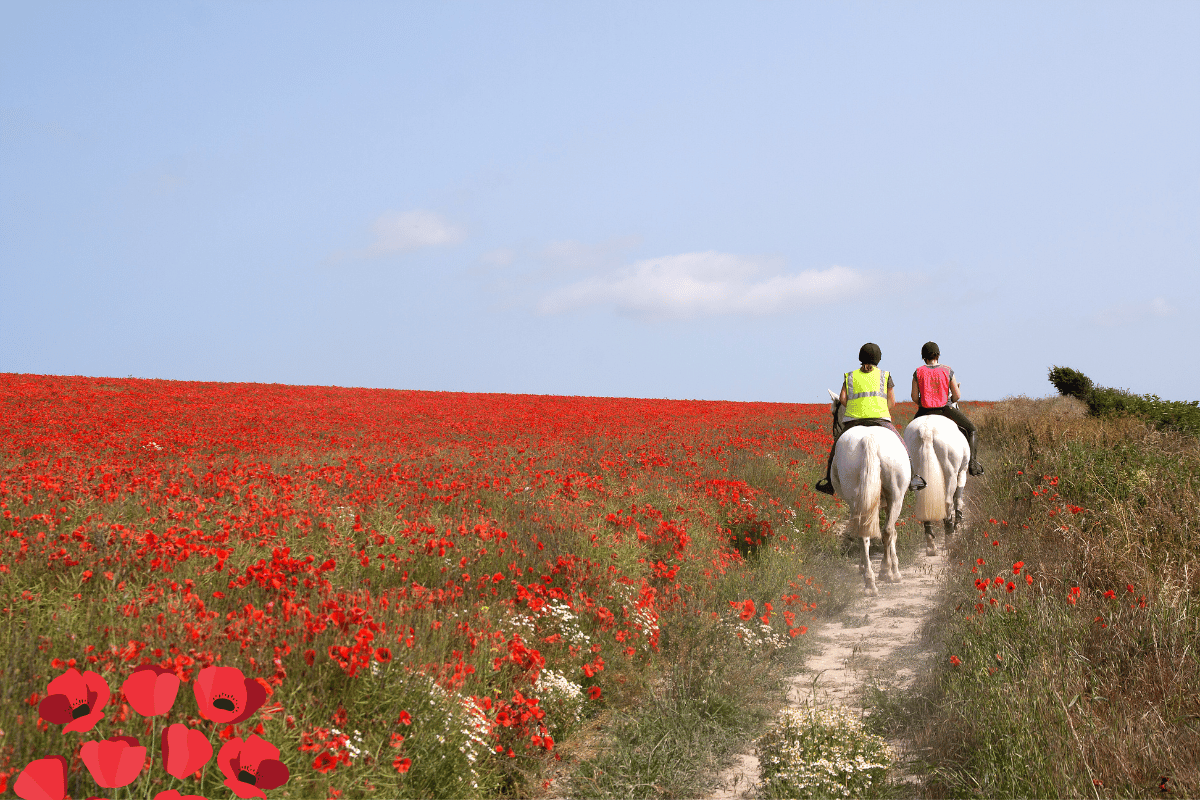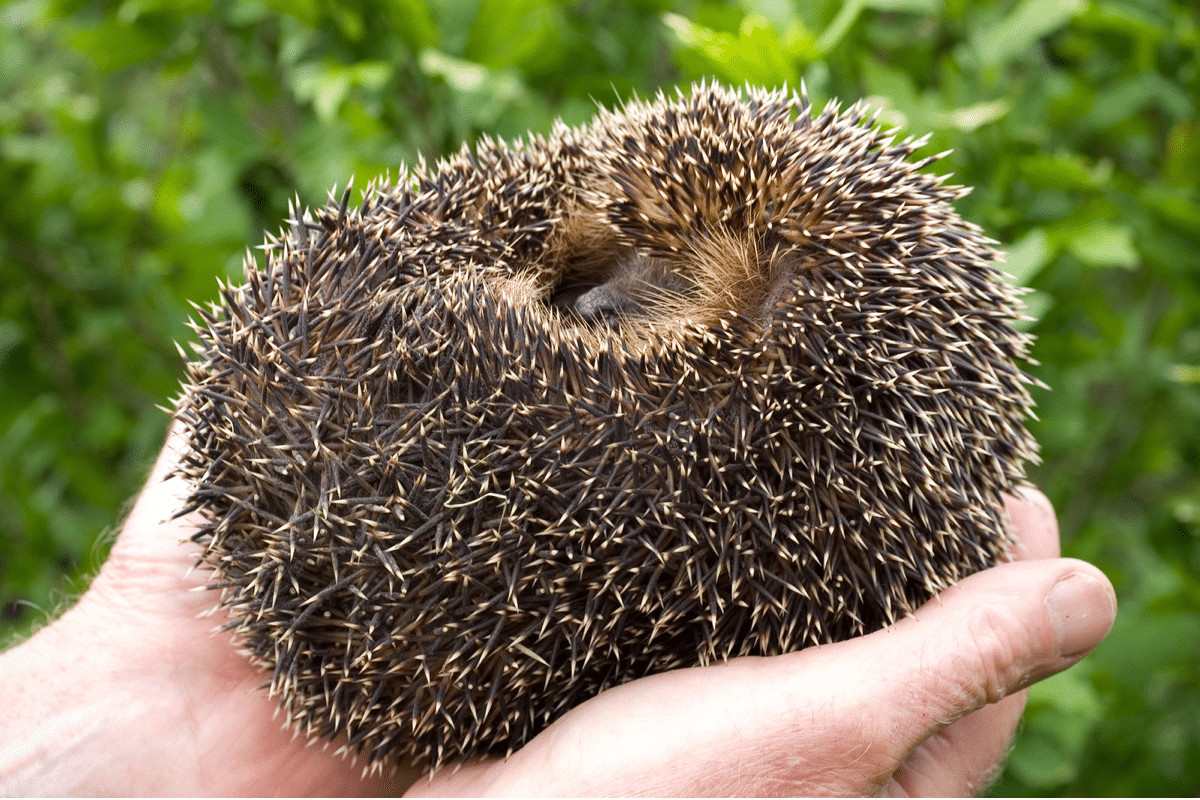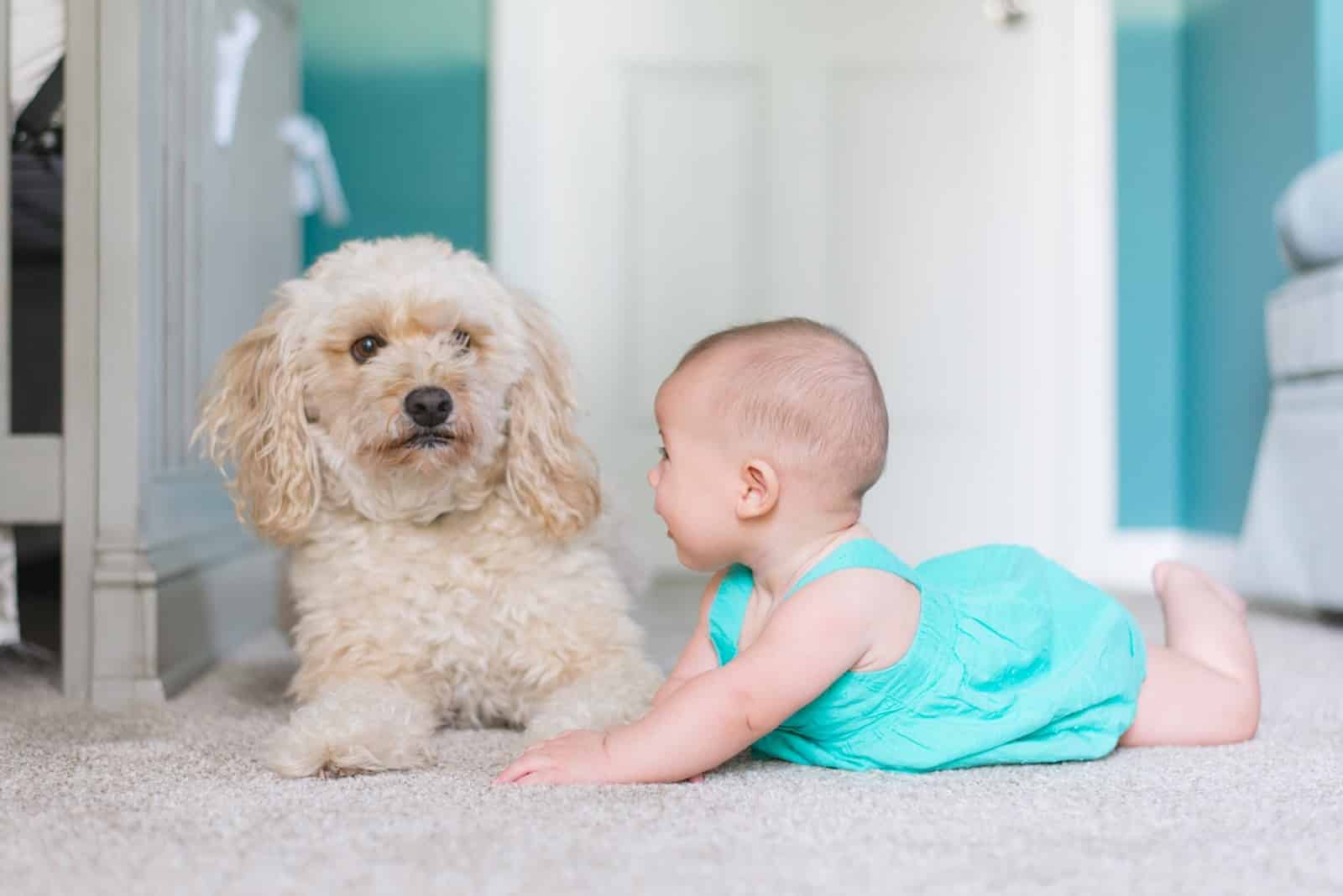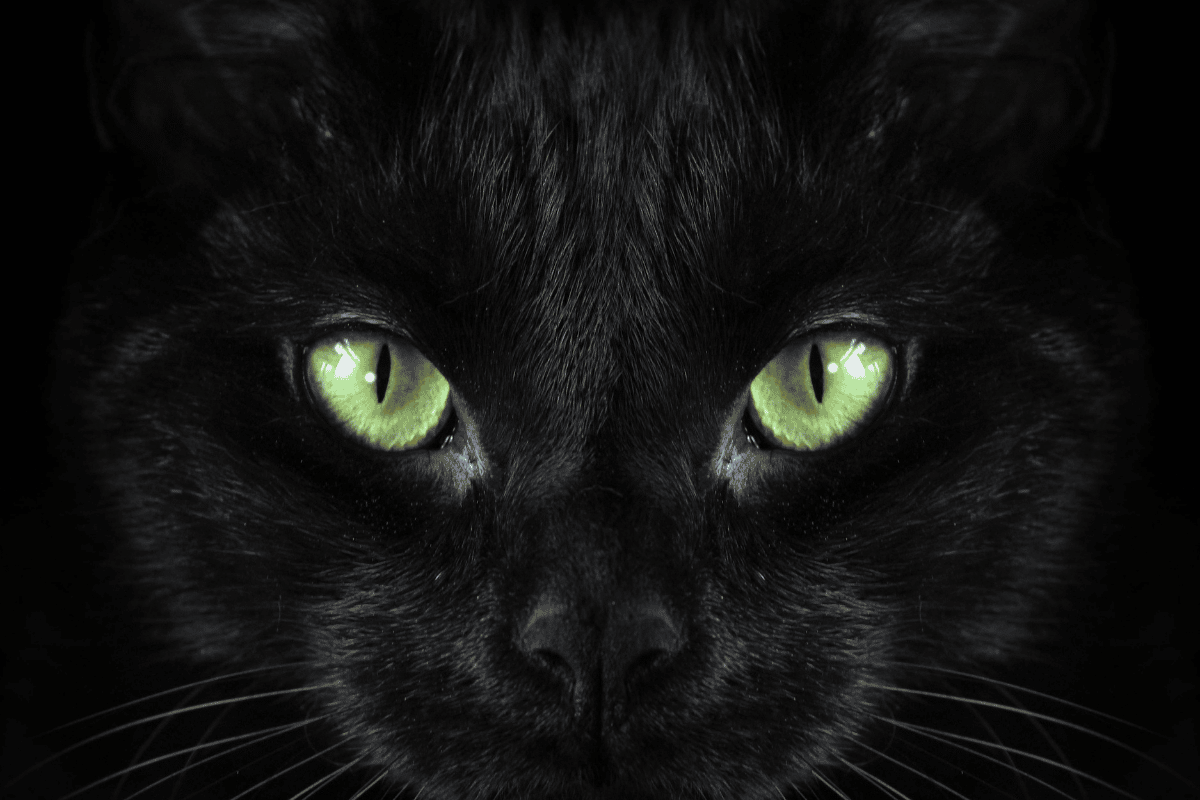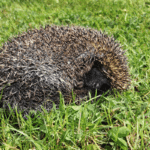Living in a fairly wet country such as ours, we’re often asked by new guinea pig parents whether it’s okay to put their piggies on damp or wet grass. The answer, in our opinion, is preferably not. While cavies can physically run around on a damp surface, it’s better that they don’t.
In this article, we’re covering all things grass for your guinea pig, including what happens if your cavies are placed on wet grass, whether it’s safe for them to eat, and which grass types are best for your fur-babies.
Let’s start with why it’s not okay to put your piggy on a patch of wet grass.
What Happens if a Guinea Pig Gets Wet?
Whether it’s from the rain, damp grass or a bath, you need to make sure your guinea pig doesn’t get and stay wet unnecessarily. Not only is it unpleasant, but it can also lead to serious health problems. Let’s take a look at what happens when guinea pigs get wet.
Their fur no longer keeps them warm
Unless you’ve got a skinny pig, your cavy’s fur helps keep it warm, while also protecting its skin. When exposed to wet or damp conditions, the coat becomes water-logged, leaving your guinea pig feeling cold and susceptible to all sorts of problems.
They can get sick
A wet guinea pig is a stressed-out guinea pig, and high levels of anxiety and stress can suppress their immunity and lead to respiratory infections, including pneumonia.
They can suffer from hypothermia
Guinea pigs are originally from South America and prefer more moderate temperatures. Unfortunately, if they get wet for prolonged periods, and are cold, they can suffer from hypothermia, which can cause them to die.
It takes a long time for their fur to dry
Their dense fur takes a long time to dry, which can if they’re cold, cause all sorts of illnesses and infections. And because they’re quite highly-strung little critters, it’s best to gently towel dry them and NOT use a hairdryer.
Their fur can become matted
As much as this isn’t a life-threatening situation, fur can become matted when it’s wet. This can be uncomfortable for the piggy and difficult for you to manage.
Can Guinea Pigs be Kept on Grass?
Guinea pigs LOVE being able to run, forage and chew on grass, but make sure it’s dry and that it’s not where they permanently live. Ideally, you should have a hutch that’s raised off the floor, so your piggies don’t feel the cold when the grass is damp or wet.
It’s also worth investing in a run which allows your pets to roam freely while doing what they do best… snacking on the grass. Remember though, this enclosure is only suitable for supervised playtime, and you should never leave your piggies in there overnight or for extended periods.
Can Guinea Pigs Eat Grass?

Not only can guinea pigs eat grass, they should be eating it. You see, cavies can’t produce vitamin C on their own and grass is rich in this essential vitamin. Whether it’s fresh or dried, various types of grass is a must for your piggies’ well-being.
What Grass is Safe for Guinea Pigs?
In the wild, guinea pigs would be exposed to all sorts of grass, but how do you know which is the safest (and tastiest) for your pet piggy? Take a look at our top choices.
1. Timothy grass

Timothy grass is by far a guinea pig’s absolute favourite grass to snack on. But it’s not necessarily something you’ll be growing in your garden. It can be recognised by its thick-stemmed stalks with a solid cat tail tip, and its broad leaves. We love that you can get this in dried form, and it’s high in fibre and good for your piggy’s teeth and digestion.
2. Orchard grass

Another favourite for piggies is orchard grass. If it’s growing naturally in your garden, chances are good your guinea pig will tunnel into it. It’s also high in vitamin C and nutritionally good for your pocket pet.
3. Barley, oat or wheat grass

This type of grass usually has oats on the top with wide leafy blades. It’s important to note that the nutritional value of young or new grass is very different from when it’s more mature. You should speak to your vet or guinea pig specialist to see how much to feed your pet.
4. Rye Grass

This type of grass is rich in protein and is more commonly associated with the kind of grass that’s given to cattle. While it’s not as tasty as Timothy or orchard grass, it can be fed to your cavies as a mix.
5. Fescues

More of a variety of grass than a particular type, fescues are used to fill in the spaces in a lawn mix. There are broad-leaf varieties as well as fine-leaved ones, and they’re related to rye grass.
While Timothy and orchard grass are the most nutritional, it’s best to feed your cavies a selection of dried and fresh grass.
What grass is bad for guinea pigs?
Standard grass (the type growing in your garden) is absolutely fine for guinea pigs, but there are a few things you need to be aware of.
1. Lawn clippings
Freshly cut grass or lawnmower clippings can cause GI or gastrointestinal blockages in your guinea pig, These ferment quickly and can cause your pocket pet to become bloated and sick.
2. Weeds
If your guinea pigs are roaming and grazing, there is a very good chance they’re going to snack on weeds. While certain types are actually good for your cavy, there are also a few that are potentially toxic. These include:
- Poppies
- Buttercups
- Daffodils
- Foxglove
- Monkshood
- St. John’s Wort
- Fool’s Parsley
- Azalea
- Nightshade
- Ragwort
- Bluebells
- Hemlock
3. Poisonous plants and flowers
You also want to keep an eye out for any potentially poisonous flowers and plants that might be growing on your lawn.
4. Grass that has been treated
We think it goes without saying that you should never leave your cavies to graze on grass that’s been treated with any kind of chemical, pesticide or fertiliser. These products are potentially dangerous options for your pets and can lead to severe illness or even death.
5. Parasites and worms
Unfortunately, fresh grass means there’s a very good chance of parasites. If your cavies enjoy regular smorgasbords of fresh grass, you will need to check for parasites. Speak to your vet about deworming your grass-grazing guinea pigs.
How to Keep Your Guinea Pigs Safe on Grass
Believe it or not, your guinea pigs need to be introduced to grass over a period of time. If your cavies have never been exposed to grass before, you will need to expose them to it gradually so that they don’t experience diarrhoea or bloating.
Carry on reading to find out how best to get your guineas used to grass.
1. Give your guinea pigs grass after a meal
Because grass is quite rich, we recommend you introduce it to your guinea pigs slowly. The best time to do this is after a meal when they’re not too hungry and won’t pig out on it.
2. Limit grass time
If your piggies are grazing for the first time, we suggest limiting the time they’re out there. Start with 10-15 minutes a day, and if there isn’t a change in their poo, you can slowly increase the time by 15 minutes a day.
3. Make sure the grass is dry
As already mentioned, you should avoid putting them on wet grass. Make sure the surface is dry so that your pocket pets are not exposed to life-threatening diseases such as pneumonia.
4. Provide shelter
You must always keep in mind that guinea pigs are prey animals. Even if they’re in an enclosed run, your cavies will need shelter of some sort where they can hide. This reduces any stress and anxiety they might feel while out in the open.
5. Cover the run with a shade
It’s always a good idea to place a shade over the run to protect your piggies from the elements. Rain, as well as too much sun, is harmful to your cavies, so always keep them protected.
As always, let us know if you found this article helpful. We value your comments and always look forward to hearing from you.





